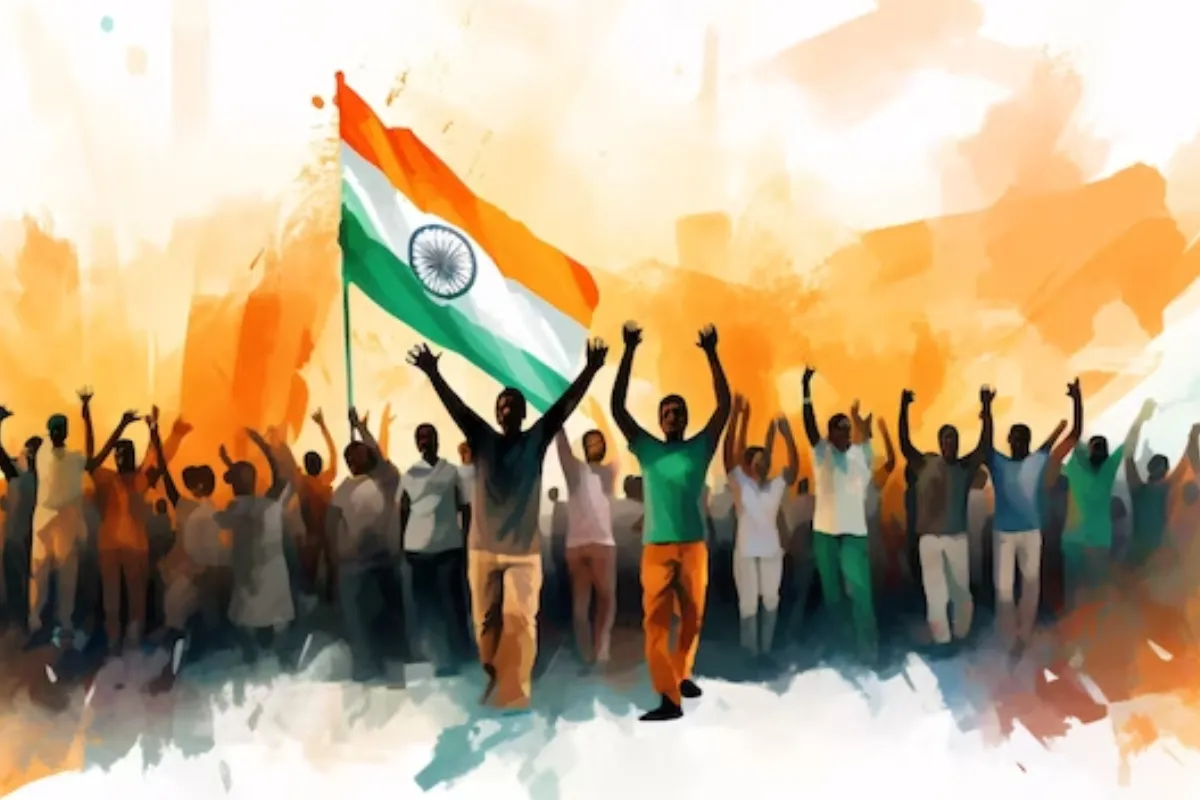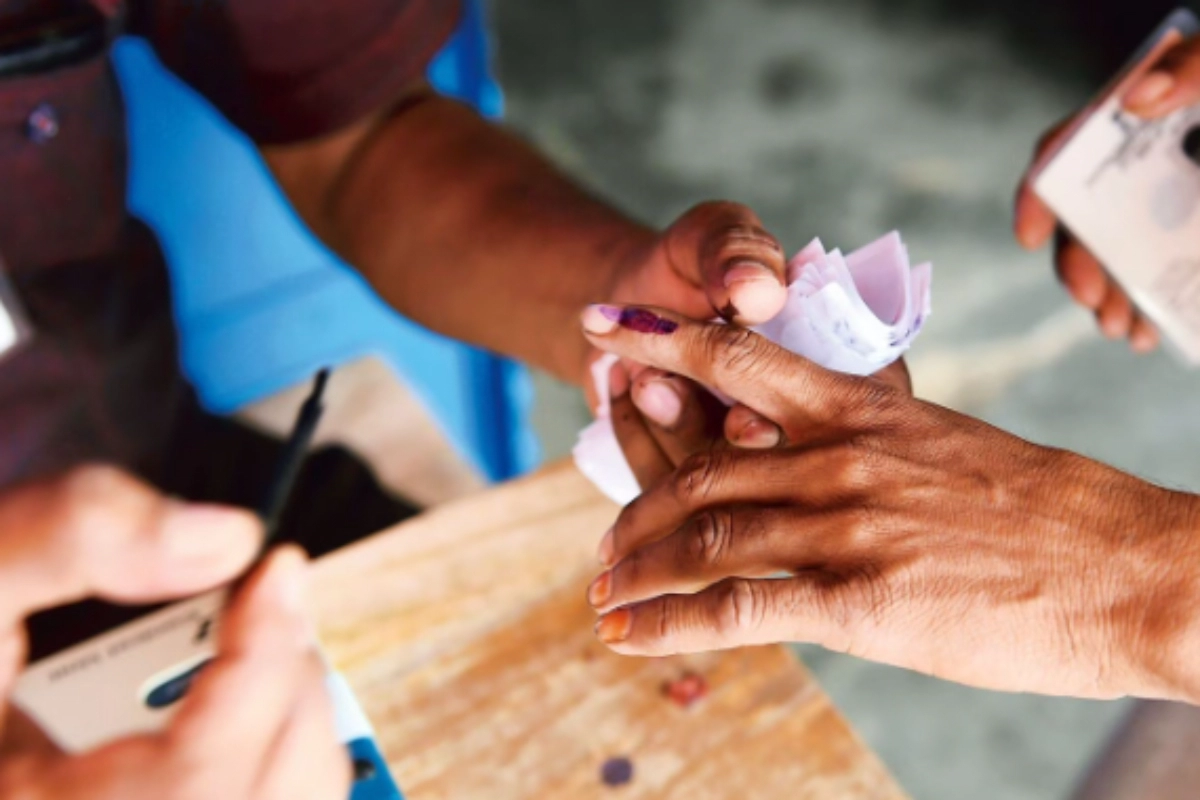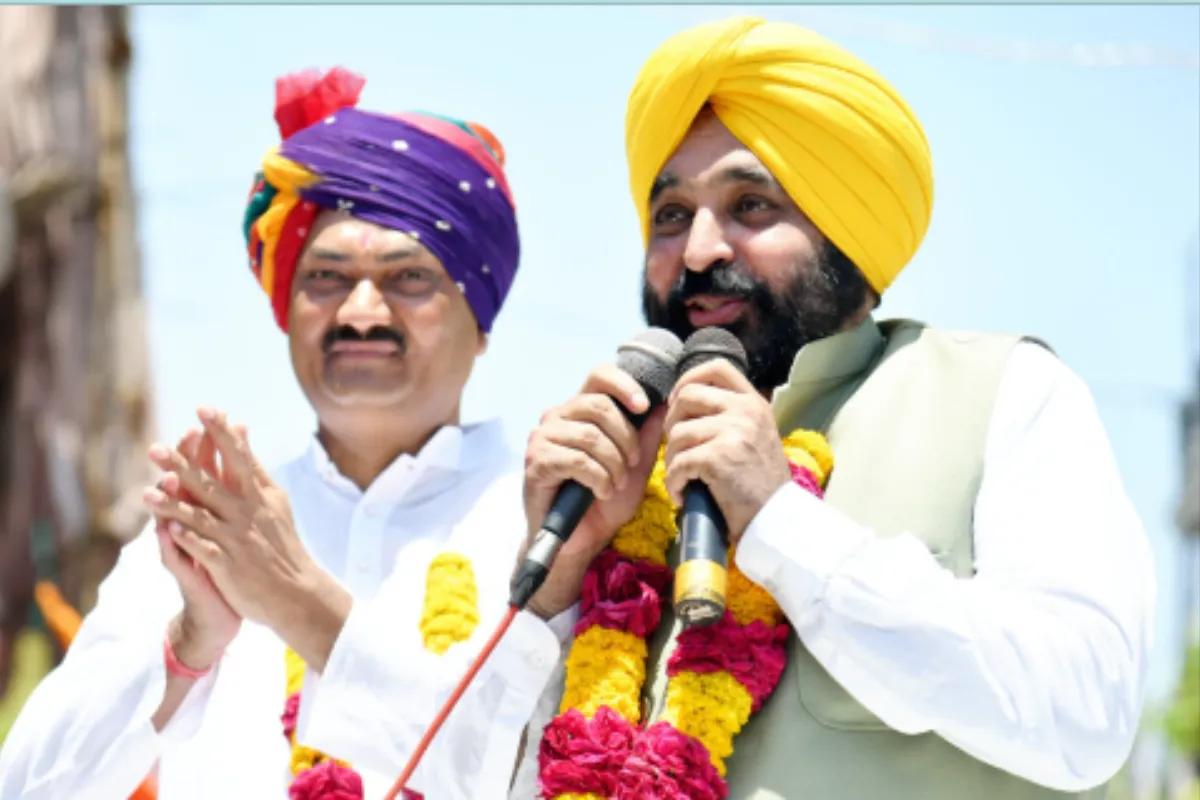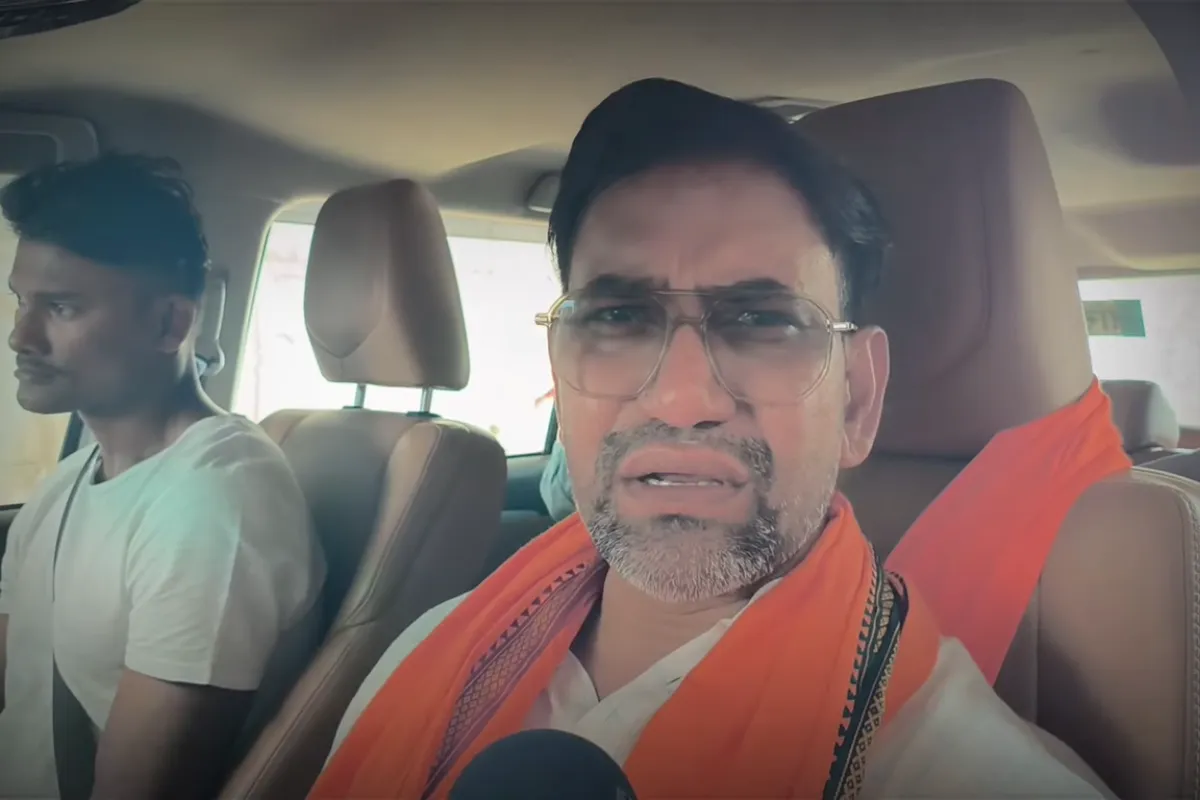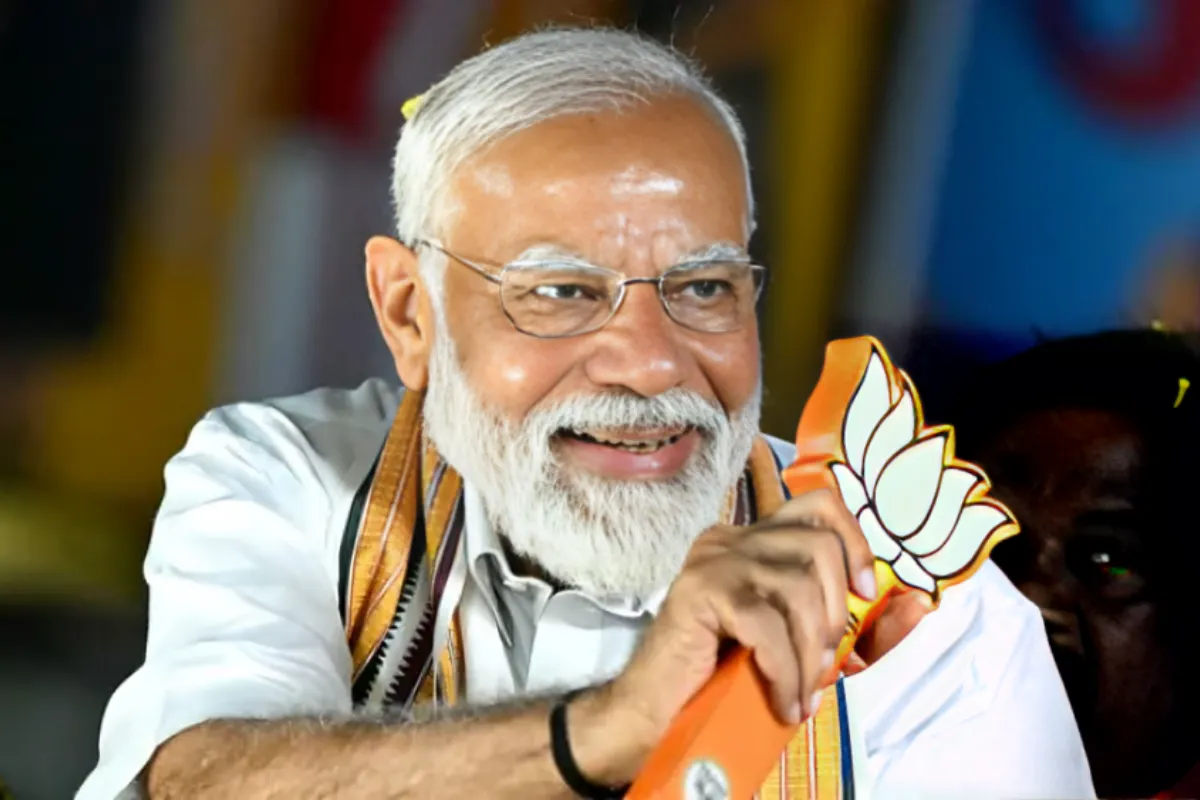As the Lok Sabha elections and state legislative assembly polls approach in various states across India, citizens are gearing up to participate in the democratic process. However, some individuals may encounter challenges if they do not have a physical copy of their Voter ID card. Here’s a detailed guide on how individuals can still exercise their right to vote even without possessing a Voter ID card.
Eligibility Criteria for Voting
To be eligible to vote in India, an individual must be a citizen of the country and at least 18 years of age as of January 1 of the year in which the electoral roll is revised.
Adding Your Name to the Voter List
Online Mode:
- Visit the Election Commission of India (ECI) website and fill out “Form 6” with accurate personal details.
- Upload necessary supporting documents such as identity proof, address proof, and date of birth proof.
- Track the application status using the reference number and state name provided.
Offline Mode:
- Obtain Form 6 from the offices of Electoral Registration Officers, Assistant Electoral Registration Officers, or Booth Level Officers.
- Fill out the form and submit it along with copies of relevant documents either in person or by post to the concerned authorities.
Required Documents for Registration
For voter registration, individuals need to provide a passport-sized photograph along with identity proof (such as Aadhaar card, passport, driving license, PAN card), address proof (like a utility bill or ration card), and date of birth proof (such as a birth certificate or high school certificate).
Voting Without a Voter ID Card
While it’s possible to vote without a physical Voter ID card, individuals must ensure that their name is enlisted in the Election Commission’s voter list. If their name appears on the list, they are eligible to vote, irrespective of possessing a physical Voter ID card. However, if their name is not on the list, they need to follow the registration process mentioned above.
Election Schedule 2024
The Lok Sabha elections for 543 parliamentary constituencies will be conducted in seven phases, beginning on April 19 and concluding on June 1. Additionally, the assembly elections in Arunachal Pradesh, Sikkim, Andhra Pradesh, and Odisha will be held on various dates coinciding with the Lok Sabha polls.
By following the outlined procedures, Indian citizens can ensure their participation in the democratic process, exercising their right to vote even without a physical Voter ID card.


